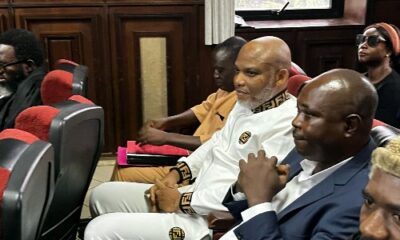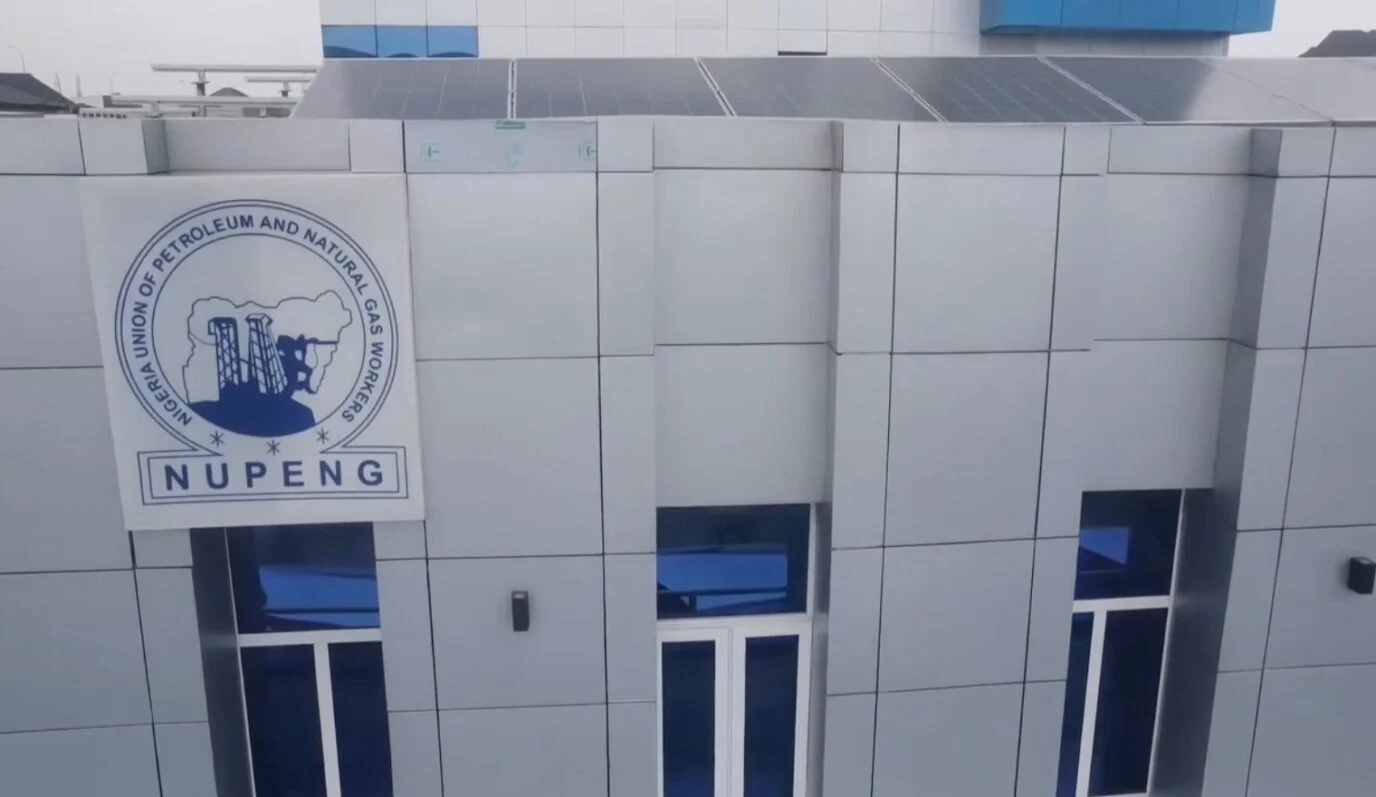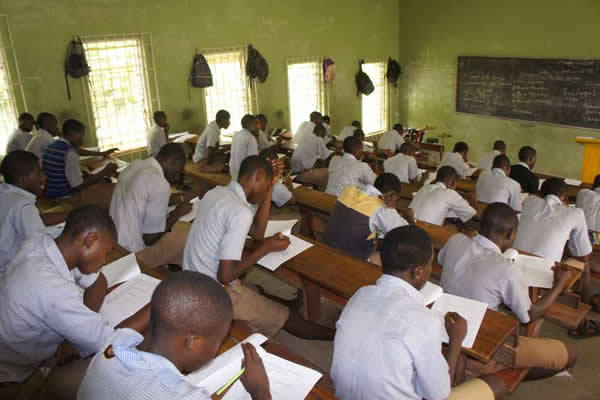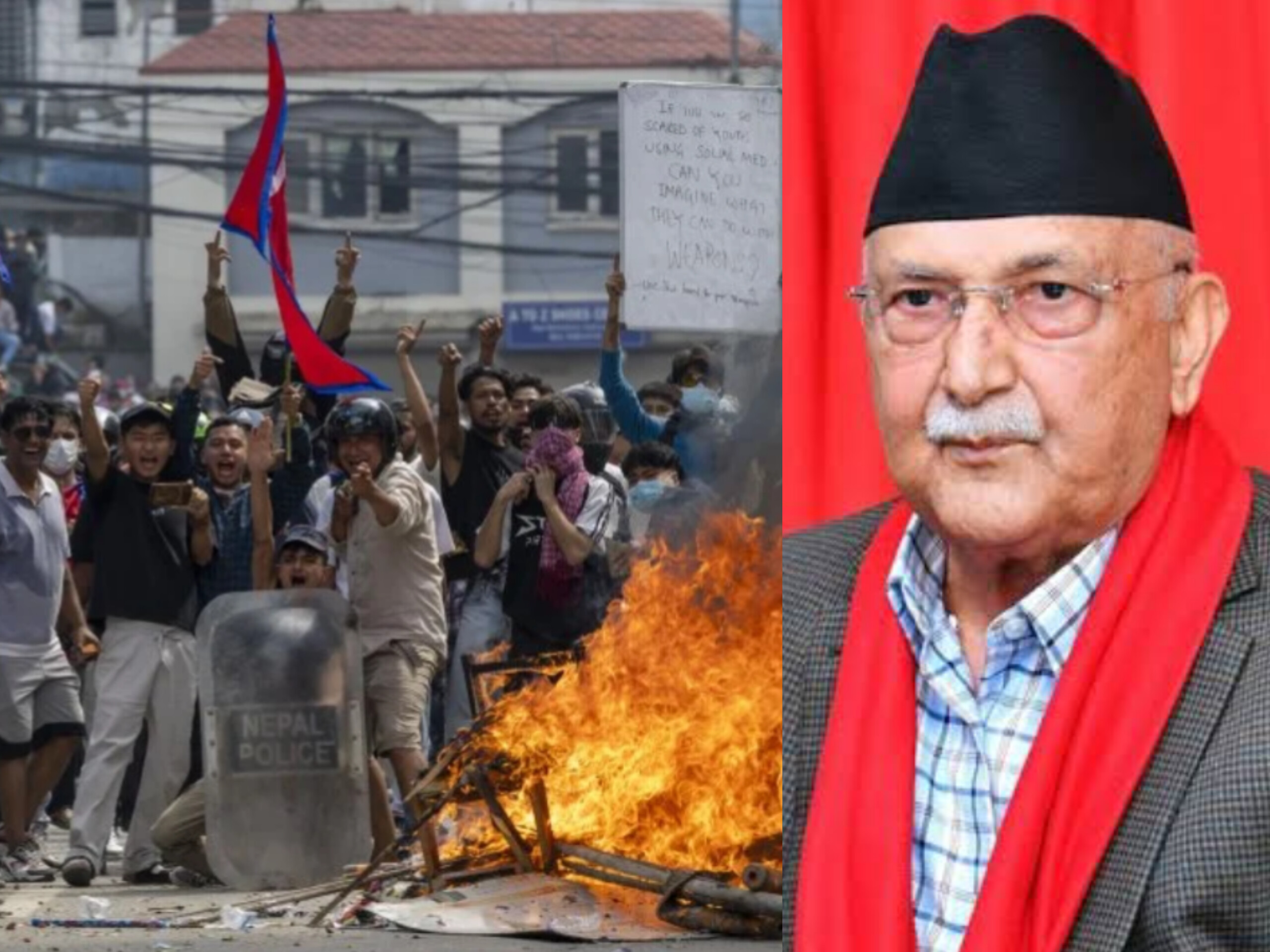An Abuja Federal High Court has been asked to declare Nnamdi Kanu, leader of the Indigenous People of Biafra, IPOB, fugitive in the United Kingdom, UK.
The court was also asked to order the arrest and repatriation of the IPOB leader from his UK base back to Nigeria for his trial in 21 days.
The plaintiff, Donald Okonkwo, made the appeal in a suit filed by his counsel, Abiodun Sodiq, yesterday.
Okonkwo also joined the British High Commission in Nigeria, the Department of State Services, DSS, and the Attorney-General of the Federation as 1st, 2nd, and 3rd defendants respectively in the case.
In the suit, Okonkwo urged the court to determine the following issues: “Whether the 1st Defendant is not under obligation to repatriate the IPOB separatist leader, Mazi Nnamdi Kanu, being a fugitive cum terrorist from the Great Britain where he has been hiding since September, 2017 under the cover of his citizenship status back to Nigeria so he can stand his trial for treasonable felony, amongst other sundry offenses, pending against him before Honourable Justice (Mrs.) Binta Nyako of the Federal High Court Abuja?
“Whether by a true interpretation of Sections 1, 4 and 5 of the Terrorism (Prevention) (Amendment) Act, 2013 the 2nd Defendant has not abdicated his duties by failing, neglecting or omitting to arrest and extradite the IPOB separatist leader, Mazi Nnamdi Kanu, from the Great Britain back to Nigeria so he can stand his trial for treasonable felony, amongst other sundry offenses, considering the Bench Warrant issued on 28th March 2019 by Honourable Justice (Mrs.) Binta Nyako of the Federal High Court Abuja for the arrest of Mazi Nnamdi Kanu after it was determined that he flouted his bail conditions?
“Whether the 3rd Defendant, as the Chief Law Officer of the Federation is not under a statutory duty to advise the President and Commander-in-Chief of the Armed Forces of the Federal Republic of Nigeria to severe diplomatic relations with the 1st Defendant for harboring Mazi Nnamdi Kanu being a fugitive cum terrorist in Great Britain and whether the failure of the 3rd Defendant does not amount to abdication of his duties under the of the Terrorism (Prevention) (Amendment) Act, 2013?”
He prayed the court to declare that the 2nd respondent “abdicated his duties by failing, neglecting or omitting to arrest and extradite the IPOB separatist leader, Mazi Nnamdi Kanu, from Great Britain back to Nigeria so he can stand his trial for treasonable felony, amongst other sundry offenses.”
Okonkwo urged the court to order that the AGF is under a statutory duty to advise President Muhammadu Buhari to severe diplomatic ties with the British high commission in Nigeria ”for harboring Mazi Nnamdi Kanu being a fugitive cum terrorist”.
The plaintiff also asked the court to order the 1st defendant “to tender public apology to the Federal Republic of Nigeria in 3 (Three) national dailies within 21 (Twenty One) days from the date of delivery of judgment in this suit for her complicity in facilitating the escape from justice and harbouring of Mazi Nnamdi Kanu in the Great Britain, thereby allowing him to cause innocent Nigerian citizens serious emotional trauma through the instrumentality of incessant threat of violence, breach of peace and overthrow of the legitimate government in Nigeria.”
Kanu had fled Nigeria for the UK during a raid on his Abia residence by security operatives in September 2017.
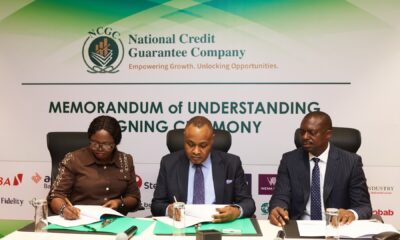
 BIG STORY5 days ago
BIG STORY5 days ago
 BIG STORY4 days ago
BIG STORY4 days ago
 BIG STORY1 day ago
BIG STORY1 day ago
 BIG STORY3 days ago
BIG STORY3 days ago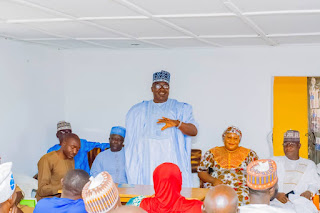
 BIG STORY3 days ago
BIG STORY3 days ago
 BIG STORY12 hours ago
BIG STORY12 hours ago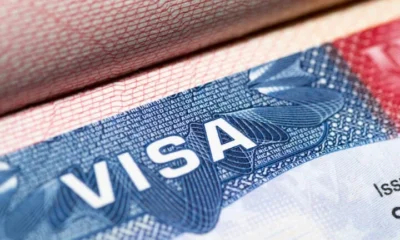
 BIG STORY1 day ago
BIG STORY1 day ago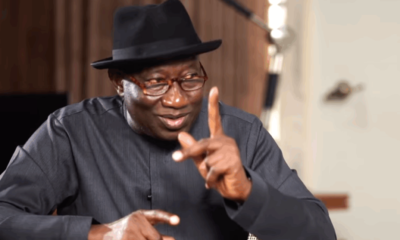
 BIG STORY4 days ago
BIG STORY4 days ago







